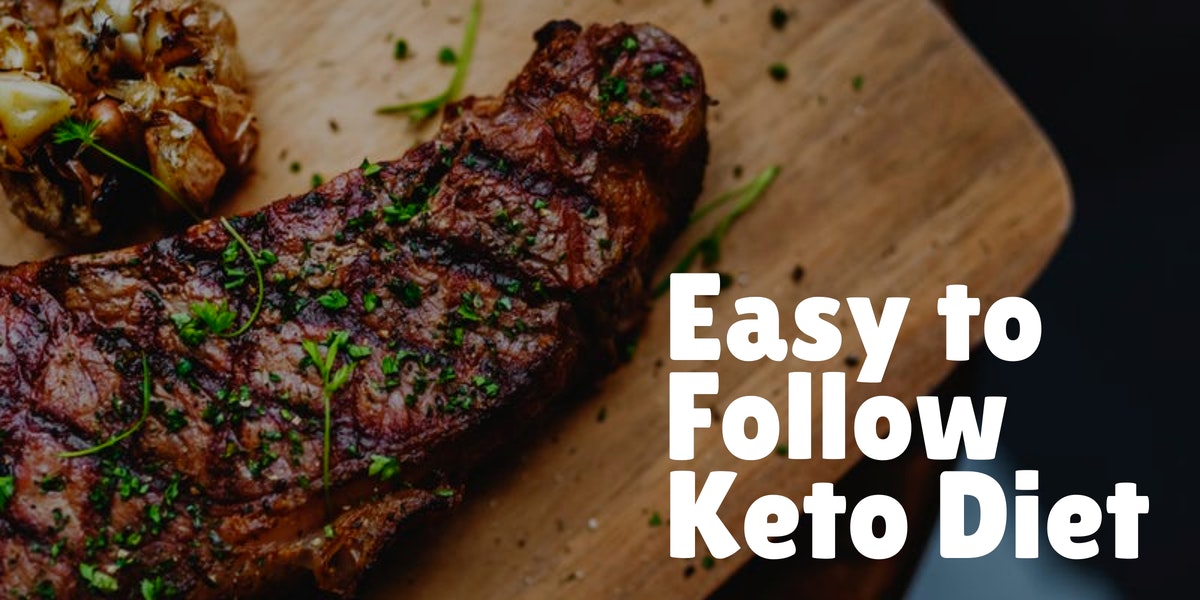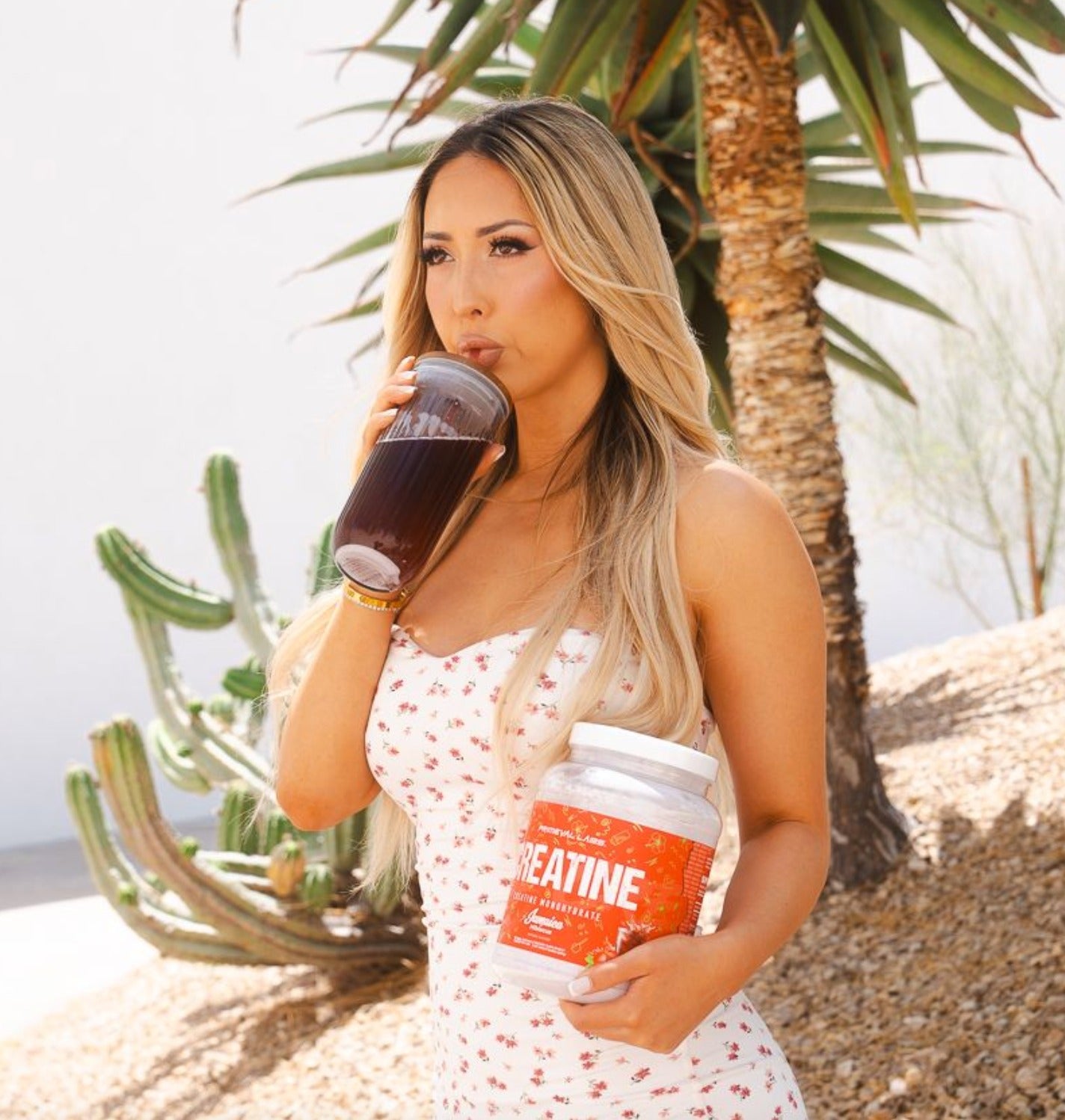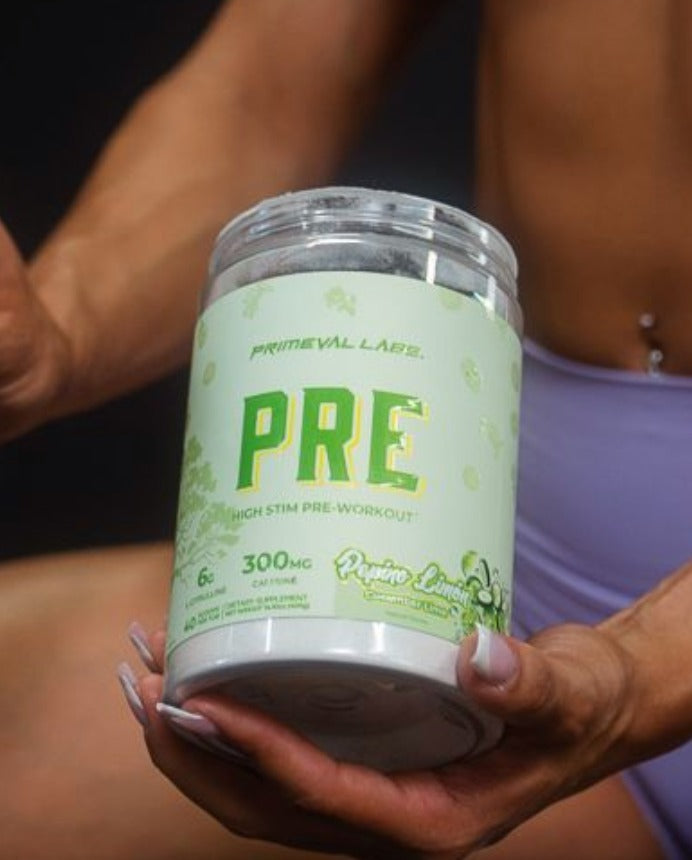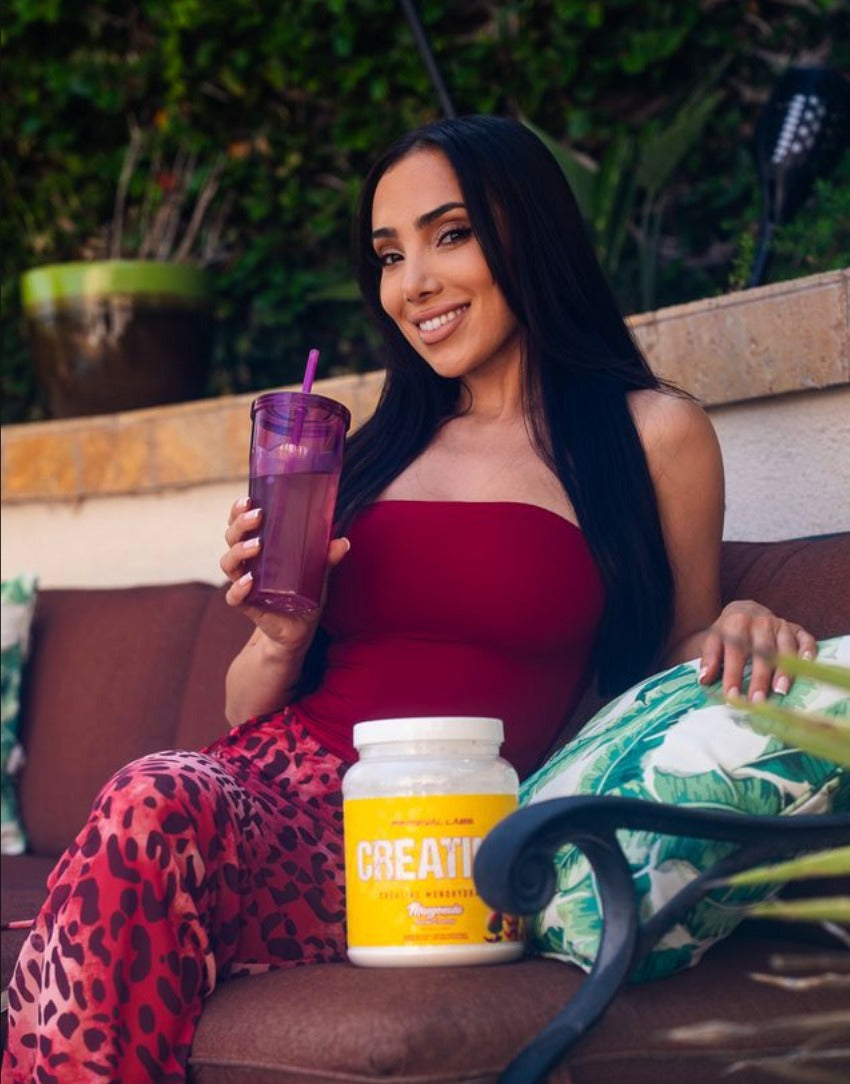If you what to know what a ketogenic diet is, what are the benefits, and how to set up your very own easy to follow keto diet, then you want to read this article.
Low-carb, high-fat ketogenic diets are incredibly popular these days as individuals seek ways to ditch their dependence on sugary, hyper-processed foods, lose weight, and improve their health and wellness.
Yet, when transitioning from a carb-heavy diet to one fueled by dietary fat, many individuals have difficulty formulating an affordable, easy-to-follow diet plan. This frustration can lead many to fall back into their old habits and take another ride on the bandwagon of on-again, off-again dieting.
We’re going to show you how to set up your very own easy to follow keto diet so that when you’re ready to try the high-fat lifestyle, you can get started right away!
KETO FRIENDLY PRODUCTS
Keto Diet 101
Before we show you how to set up a keto diet, let’s briefly review what a ketogenic diet is and what it is not.
The purpose of going keto is to force the body into a state of nutritional ketosis where it runs primarily on ketones instead of glucose. The way you transition to this state is by depriving your body of glucose (carbohydrates).
Once your body realizes it’s not getting glucose anymore, it turns to an alternative energy source in ketones, which are created from the breakdown of fatty acids (fat).
As you would expect, when following a ketogenic diet, the majority of your daily caloric intake will come from dietary fat. You’ll also eat a modest amount of protein and very little carbohydrates (think green vegetables).
In terms of macronutrient percentages most individuals can enter ketosis following these guidelines:
Now, you’re probably thinking:
“Why would I want to go keto in the first place?”
Well, ketosis offers a host of health benefits, including improvements in[1,2,3]:
- Weight loss
- Satiety (i.e. less hunger & fewer cravings)
- Cholesterol levels
- Blood sugar levels
- Cognitive function
Setting Up a Keto Diet
While ketogenic diets might seem overwhelming when first getting started, with a few simple tricks and a little bit of planning, you’ll find it’s incredibly easy to follow. To get started it’s helpful to know what foods you can eat on a keto diet and which ones you should avoid.
Foods to Eat on a Keto Diet
-
Meats (the fattier the cut the better!) -- Steak, chicken, pork, high-quality sausage, ground meats (pork, beef, lamb, dark meat turkey), duck, ham, roast beef
-
Seafood (all kinds but fatty fish are prized): Salmon, tuna, mackerel, bass, flounder, trout, halibut, anchovies, sardines, crab, lobster, oysters, shrimp, crawfish, etc.
-
Eggs
-
Fats and oils -- Olive oil, coconut oil, flaxseed oil, avocados, butter
-
Dairy -- Heavy cream, butter, high-fat cheese
-
Nuts -- keto-approved nuts (pecans, brazil nuts, macadamia nuts in particular) and nut butters (no added sugars or oils)
-
Low carb vegetables -- Dark, leafy greens (spinach, kale, lettuce, swiss chard, mustard greens, collard greens, cabbage, brussels sprouts, eggplant, broccoli, green beans, mushrooms, asparagus, zucchini
-
Berries (a small handful)
-
Beverages: water, unsweetened coffee, unsweetened tea, occasional diet soda
- Condiments: Salt, pepper, herbs, spices, spice blends (free from added sugar)
Foods to Avoid on a Keto Diet
-
Grains: Bread (all kinds), white rice, brown rice, oats, quinoa, pasta, couscous, farro, amaranth, barley, corn
-
Starchy vegetables -- white potatoes, sweet potatoes, carrots, parsnips, peas, etc.
-
Fruit: Bananas, apples, mangoes, pineapple, oranges, papaya, etc.
-
Legumes: Pinto beans, black beans, red kidney beans, white beans, chickpeas (garbanzo beans), lentils, and soybeans
-
Added Sugar (in all forms): White sugar, brown sugar, cane sugar, sugar in the raw, honey, molasses, agave syrup, maple syrup
- All packaged, processed goods -- cakes, candy, donuts, boxed cereal, frozen tv dinners, dried fruit, etc
Easy Keto Diet Tips
Keep It Simple
Don’t overthink your meals on a keto diet, keep things simple. Figure out a few meals that are keto-friendly and ones that you enjoy. Rotate through those meals during the week and you’ve eliminated a lot of the head-scratching and frustration people have when starting their keto diet.
Have Lunch for Breakfast
Who says that breakfast is the only time you can eat eggs or that lunch and dinner are the only times you can have steak and grilled vegetables.
Part of the joy of ketogenic dieting is that you can break the typical mold of having to eat eggs, waffles, pancakes, or cereal for breakfast. If you like having a cheese omelet with bacon for breakfast then, by all means, do so, but you could just as well have it for dinner and have a piece of grilled sirloin alongside grilled asparagus for breakfast instead.
Avoid “Keto” Packaged Foods
Ketogenic diets are insanely popular and food manufacturers looking to capitalize on the success of keto are releasing all sorts of packaged foods brandishing the word “KETO” in big, bold letters.
But, don’t be so easily fooled. To eat a keto diet, you don’t need any packaged or processed foods whatsoever. What’s more, most of those ready-to-eat, store-bought packaged goods aren’t exactly in line with ketogenic macro ratios. They’re often filled with cheap filler ingredients, hydrogenated oils, and refined carbohydrates that can just as easily kick you out of ketosis as they will derail your journey to a healthier way of living.
Easy-to-Follow Keto Diet Plan
Here’s an example keto diet meal plan that requires minimal prep or cook time
Example #1:
- Breakfast: mushroom omelet with a side of bacon
- Lunch: Arugula salad with grilled steak, avocado, and blue cheese (olive oil and vinegar dressing)
- Dinner: Grilled salmon with spinach sauteed in coconut oil.
- Snack: Small serving of berries with a dollop of whipped heavy cream
Example #2:
- Breakfast: baked avocado egg boats
- Lunch: burger topped with cheese, bacon, and mushrooms served on a lettuce bun
- Dinner: Steak bowl with cauliflower rice, avocado, cheese, sauteed spinach, and salsa
- Snack: Coconut milk chia pudding topped with unsweetened shredded coconut flakes, cacao nibs, and pecans.
The Truth About Keto Dieting
Following a ketogenic diet is incredibly easy and doesn’t require constant macro tracking or food logging. By simply avoiding starchy carbohydrates and making dietary fat the focus of every meal, you can live the low-carb life with ease.
References
- Dashti HM, Mathew TC, Hussein T, et al. Long-term effects of a ketogenic diet in obese patients. Exp Clin Cardiol. 2004;9(3):200-5.
- Ma, D., Wang, A. C., Parikh, I., Green, S. J., Hoffman, J. D., Chlipala, G., Lin, A.-L. (2018). Ketogenic diet enhances neurovascular function with altered gut microbiome in young healthy mice. Scientific Reports, 8(1), 6670. https://doi.org/10.1038/s41598-018-25190-5
- Hallböök T, Ji S, Maudsley S, Martin B. The effects of the ketogenic diet on behavior and cognition. Epilepsy Res. 2011;100(3):304-9.









Leave a comment
This site is protected by hCaptcha and the hCaptcha Privacy Policy and Terms of Service apply.